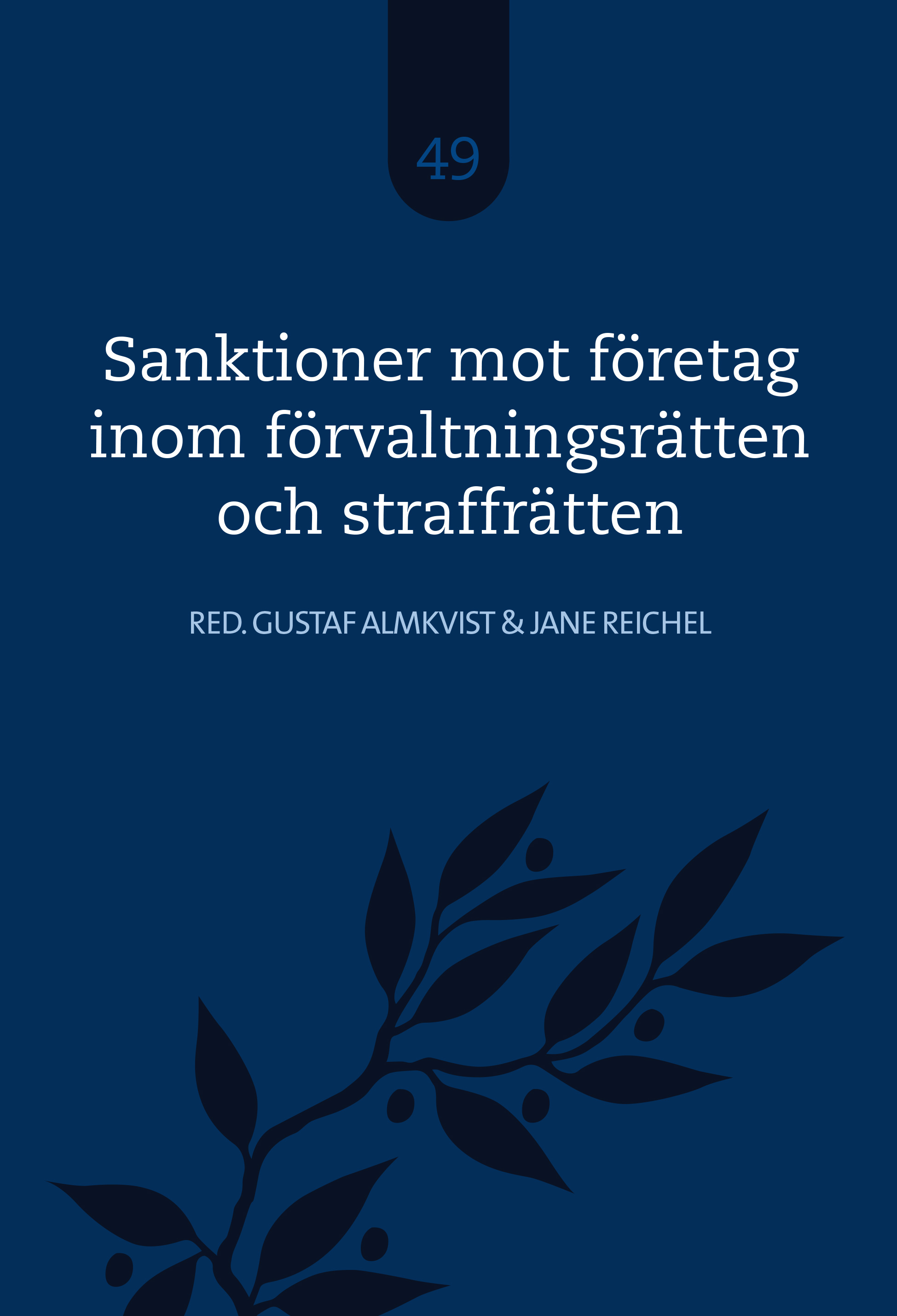
About SCCL:s publications
Researchers affiliated with SCCL publish their research results in a large number of articles and research reports. The ambition is that as much as possible of what is published by these researchers and by speakers at seminars and conferences organised by SCCL will also be available in open access at SCCL (https://publications.sccl.se). However, depending on circumstances and agreements with publishers, this may not take place until some time after the original publication.
With the consent of authors and other holders of rights, we have initially digitalised and made available most of what has been published in the books published by SCCL since 2008. This initially comprises 256 articles written by researchers affiliated with SCCL. Gradually the number of digitally available articles will increase.
The search function in the menu above makes it possible to search for articles both in free text and by author or by the book in which the article was originally published. On the page “Authors” there is a list of all the authors of the articles that have been digitalised and on the page “Books” there is a list of the books that have been digitalised.
In addition to digitalisation and making research results available on the website, SCCL will continue to publish books in SCCL’s publication series. This includes the SCCL Yearbook, anthologies with contributions to specific conferences and separate publications. Together with the publication series, SCCL also publishes festschrifts related to persons active at SCCL.
SCCL has an extensive library on its own premises, which was started through a donation from the late Professor Jan Hellner and through the takeover of the Library of the Institute for Company and Securities Law. The library has since been expanded through various extensive donations.
Since 2024, the Axel Ax:son Johnson Institute for Maritime and Other Transport Law is included as a research panel at SCCL https://sccl.se/forskningsavdelningar/. The Institute for Maritime Law has an extensive physical library located on SCCL’s premises, as well as a digital library available on its website https://www.sjorattsbiblioteket.se/om-institutet.
Current Issue

För drygt 50 år sedan, år 1971, infördes sanktionen skattetillägg i Sverige. Det brukar betecknas som den första sanktionsavgiften i svensk rätt, och startskottet på en sanktionsväxling från straffansvar mot administrativa sanktioner. Vid samma tid diskuterades också om någon typ av straffrättslig sanktion mot företag borde införas, vilket blev verklighet 15 år senare, år 1986, då företagsboten kom till. Det är dock sedan millennieskiftet som sanktionerna mot företag verkligen har utvecklats och förändrats, med en allt mer betydande komplexitet och stora svårigheter att se en tydlig helhet. Utvecklingen drivs av skiftande intressen, som numera endast i mindre utsträckning handlar om att gå från straffrätt till förvaltningsrätt. Impulserna kommer ibland från svenskt håll, men ofta rör det sig om implementering av EU-rätt eller anpassningar av svensk lagstiftning till olika internationella åtaganden. Det kan handla om den ökade regleringen av finanssektorn i finanskrisens spår eller om den växande regelfloran gällande bekämpning av penningtvätt och finansiering av terrorism. Det kan också gälla om Sverige har ett tillfredsställande straffrättsligt ansvar för företag för korruption eller för överträdelser av miljöregelverk. Och mycket, mycket mer...
För forskningsavdelningen
Gustaf Almkvist och Jane Reichel
Avdelningsledamöter och redaktörer

